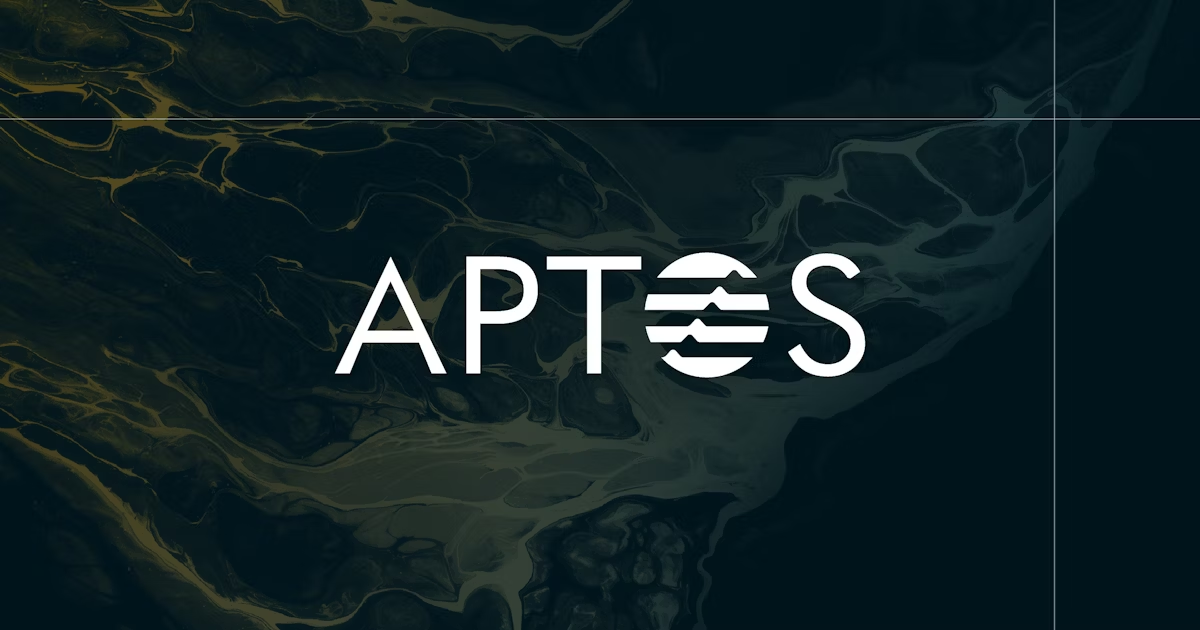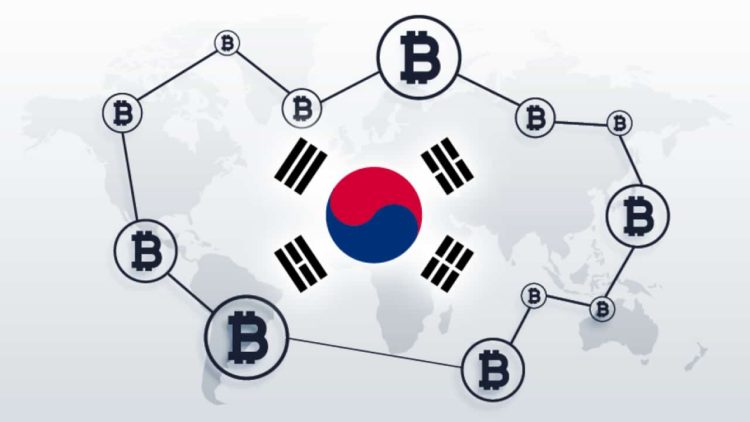The cryptocurrency market has had a turbulent week, with the premier digital asset Bitcoin slumping by 14% on the global virtual currency markets. This slide saw Bitcoin trading at $52,144 today.
Bitcoin Trades At A Premium In Seoul Despite Global Slump
But this obvious volatility seems to be swinging anti-clockwise in the South Korean crypto scene as Bitcoin is being sold at a premium on local exchanges like Bithumb and Korbit. According to local reports, 1 BTC for the Korean won goes for as much as $65,882.
Head of business development in Asia for decentralized protocol Maker Doo Wan Nam notes that the growing restrictions on money circulation in the local economy play a huge role in the disparity in Bitcoin prices on local exchanges.
In the same period, 1 BTC to the US dollars went for $55, 553 after the market rallied on global crypto exchanges Binance and Coinbase.
But the premium price at which it is traded in South Korea sees an 18.6% difference in the same timeframe.
Bitcoin is not the only virtual asset being traded at a premium.
Stablecoins pegged to the US dollar are also exchanged with a high premium in the few South Korean exchanges that offer them. On Probit, USDt goes for as high as $1.21 against the global trend of it being equal to the greenback.
Capital controls and financial regulations to check the outward flow of money has made the Kimchi premium a popular trend in Seoul as far back as 2016. These growing restrictions have seen the world’s oldest cryptocurrency become a goldmine as they have led to the inflation of BTC prices in the country.
Koreans love this dip too.
Kimchi premium shot up to 25% and now is at 20%. pic.twitter.com/OSGh64iwaO
— Lex Moskovski (@mskvsk) April 18, 2021
Popular Seoul-based crypto exchange Upbit with $25.27 billion in daily trading volume, also imposed a 72-hour curfew on crypto withdrawals into local currency for crypto owners who are just making their first trades.
Legacy institutions in South Korea have also adopted the anti-crypto laws, with the Korean populace cut off from making crypto investments in global crypto trading platforms.
Nam noted that one of the possible fallouts of these regulations is the difficulty surrounding arbitrage trading.
Arbitrage trading is a way a crypto trader benefits from price differences in crypto exchanges. A day trader may buy 1 BTC at a lower rate from an international crypto-exchange and sell higher on the South Korean crypto market for a handsome sum.
Capital Controls Inflating Crypto Prices Across Board
South Korean crypto traders may not be the only ones groaning from this aggressive flow of money system. Foremost West African nation Nigeria has also adopted the same protocol.
In a circular released by its apex bank, commercial banks were instructed to stop servicing crypto firms and individuals in the country.
This restriction has seen the price of Bitcoin balloon up 46% on local crypto exchange platform Luno Nigeria. According to General Manager Marius Reitz, the central bank of Nigeria’s circular caused a market shock.
To him, the letter has seen Luno’s liquidity shrink to just a third of what it used to be, thereby affecting the platform’s continued payouts and deposit. At the time of writing, crypto investors who own investments in the platform are still unable to withdraw their gains.
Credit: Source link












































































































































